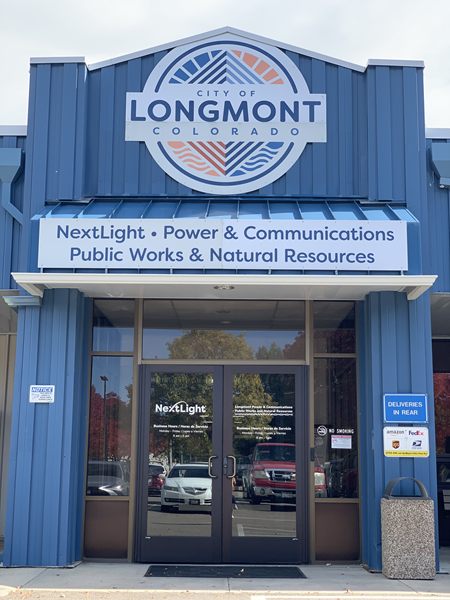Longmont NextLight’s Affordability Program Picks Up Federal Slack For Low Income Locals
Since it first broke ground in 2014, Longmont, Colorado’s city-owned NextLight fiber network has won numerous awards and inspired countless communities nationwide. But the network, which recently expanded access to more than 28,000 area residents, is also trailblazing in another area: ensuring that fiber is affordable to low income, marginalized populations.
NextLight unveiled its locally-funded Internet Assistance Program (IAP) last year. The program provides low-income residents with a $25 discount off of NextLight’s already affordable fiber pricing. As a result, locals can receive symmetrical 100 megabit per second (Mbps) service for as little as $14.95 a month, and symmetrical 1 gigabit per second (Gbps) fiber for $45.
To apply, households must qualify for any of a number of existing federal programs, including the FCC’s Lifeline, Head Start, Medicaid-MSP or SLMP, Veterans or survivor’s pension, Section 8, WIC, food stamps, Federal Pell Grants, Supplemental Security Income (SSI), SVVSD Education Benefit, Temporary Assistance for Needy Families (TANF), or Food Distribution Program on Indian Reservations (FDPIR).
IAP was created to offset the collapse of the Federal Communications Commission's (FCC) Affordable Connectivity Program (ACP), which provided a $30 per month discount off of the broadband bills of low-income Americans. The program was summarily discontinued after Republicans in Congress refused to fund a program extension.
According to Longmont officials, not only is their IAP program available to a much broader qualification base, with more than 1000 subscribers now enrolled, the program is currently helping 14 percent more city subscribers than the FCC’s ACP did at its peak.











